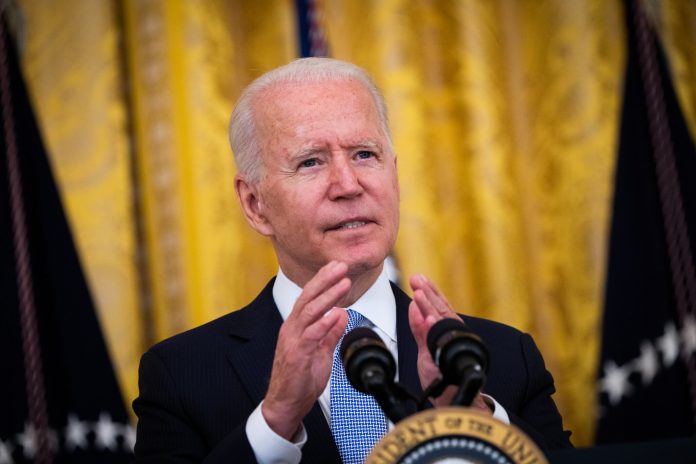The Biden administration is currently facing scrutiny over a possible legislation that could reclassify gig workers as employees. On March 11, the Labor Department’s new Independent Contractor Rule emerged, which identifies six requirements that companies must consider when determining whether to classify workers as employees or independent contractors.
This new rule changes the criteria for classifying workers as employees or independent contractors, which affects industries that rely on gig workers, such as food delivery and ride-hailing. Typically, labor laws, including those for minimum wages and overtime, only apply to employees, not contractors. However, with this new rule, workers economically dependent on a company are considered employees, which could increase business costs by up to 30% due to employee benefits and protections. This rule reverses a previous policy and uses a long-standing worker classification indicator that evaluates employer control and the importance of workers’ labor to the business.
The new Independent Contractor Rule has sparked controversy, drawing comparisons to California’s Assembly Bill 5 (AB5), which requires gig workers to be classified as employees and took effect on January 1, 2020. Critics, including gig workers, small business advocates, trade groups, and lawmakers, argue that the rule could limit flexibility and increase operational costs. For example, under AB5, freelance journalists now face a limit on the number of paid articles they can write, leading to significant pushback and the introduction of over 100 industry exemptions in California. Nationally, the backlash against the new rule has led to at least five lawsuits, including one from the US Chamber of Commerce, seeking to halt its implementation.
Despite this opposition, the Department of Labor (DOL) defends the rule, asserting that it will protect workers’ rights and ensure greater consistency under the Fair Labor Standards Act. Supporters, like More Perfect Union, believe the rule will secure higher wages and overtime pay for millions of gig workers, advocating for the benefits it promises regarding fair compensation and employment rights.










